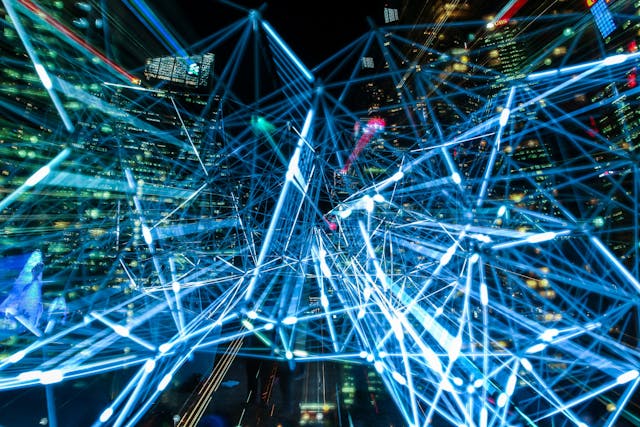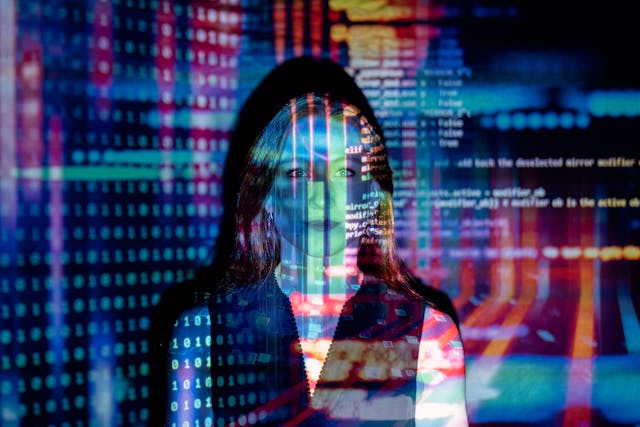How AI Co-Founders Are Changing the Startup Game
Artificial intelligence is no longer just a tool for startups — it’s becoming a partner. From idea generation to product design and marketing, AI “co-founders” are transforming how entrepreneurs build and scale their businesses. These intelligent systems are helping founders move faster, think bigger, and launch with fewer resources than ever before.

The Rise of AI in Startups
In the past, starting a company required a large team with diverse skills — coders, designers, marketers, and analysts. Today, AI tools can handle many of those tasks. Founders use AI to brainstorm business ideas, write copy, analyze market trends, and even build prototypes.
Platforms like ChatGPT, Midjourney, and AI-powered automation tools are giving small teams the ability to operate like full-scale companies. What once took months and thousands of dollars can now be done in hours at a fraction of the cost.
Speed and Efficiency: The AI Advantage
The biggest change AI brings to startups is speed. Entrepreneurs can test ideas, gather feedback, and adjust strategies in real time.
AI helps founders:
- Automate routine tasks such as customer support, scheduling, and research.
- Predict outcomes using data-driven insights to guide decisions.
- Create content from marketing materials to social media posts instantly.
This speed allows founders to stay agile, pivot quickly, and stay ahead of competitors — something essential in the fast-moving startup world.
Creativity Without Limits
AI isn’t just about automation; it’s also a creative partner. It can design logos, write product descriptions, suggest features, or even script promotional videos. Rather than replacing creativity, AI enhances it by offering new perspectives and possibilities that humans might not consider.
This human–AI collaboration gives entrepreneurs more freedom to focus on vision, storytelling, and building customer relationships — areas where emotional intelligence and originality still shine.
The Challenges Ahead
Of course, relying on AI co-founders comes with challenges. Questions about ownership, ethics, and trust are still being debated.
- Who owns AI-generated ideas or code?
- Can founders rely on AI decisions without understanding how they’re made?
- What happens to human creativity when algorithms start shaping products?
Successful founders will need to balance efficiency with responsibility, ensuring AI remains a tool that empowers, not replaces, human judgment.

The Future of Entrepreneurship
AI co-founders are redefining what it means to start a business. Tomorrow’s startups may be founded by one person and several algorithms — combining human vision with machine precision.
This partnership between people and technology marks a new era of entrepreneurship — one that values creativity, speed, and collaboration over size and structure. In the future, the most successful founders won’t be those who work the hardest but those who work smartest with AI by their side.












